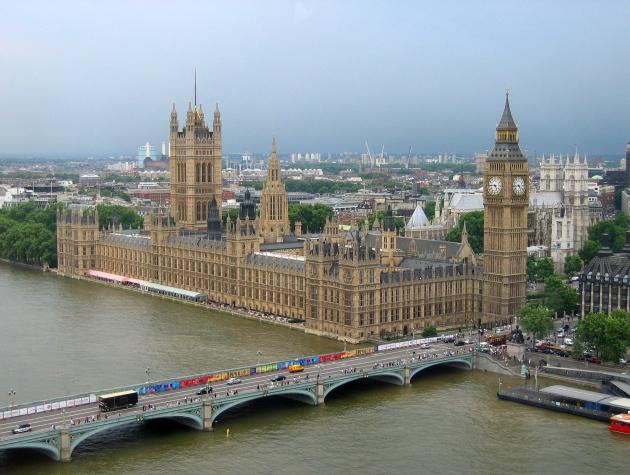The Implementation Game: The TRIPS Agreement and the Global Politics of Intellectual Property Reform in Developing Countries (2008), Oxford University Press
Author: Carolyn Deere
Type: Book
Abstract
Carolyn Deere analyzes how the fight between North and South over intellectual property during the WTO’s negotiations of the TRIPS Agreement have continued to play out during its implementation.
The fight between North and South over intellectual property (IP) reached new heights in the 1990s. In one corner, large multinational companies and developed countries sought to protect their investments. Opposing them, developing countries argued for the time and scope to pursue development strategies unshackled by rules forged to bolster the competitiveness of richer countries. The result was the WTO's deeply contested Agreement on Trade-Related Aspects of Intellectual Property Rights (TRIPS). Widely resented by developing countries, TRIPS nonetheless permits them some hard-won flexibility. Puzzling, however, is why some developing countries have used that flexibility and others have not. Even more curious is that many of the poorest countries have made least use of the room for manouevre, despite securing some extra concessions.
Author Bio
Carolyn Deere Birkbeck is a Senior Researcher at Oxford University’s Global Economic Governance Programme. She is an Associate Fellow at the Royal Institute for International Affairs (Chatham House) and Senior Associate at the International Centre for Trade and Sustainable Development (ICTSD).







